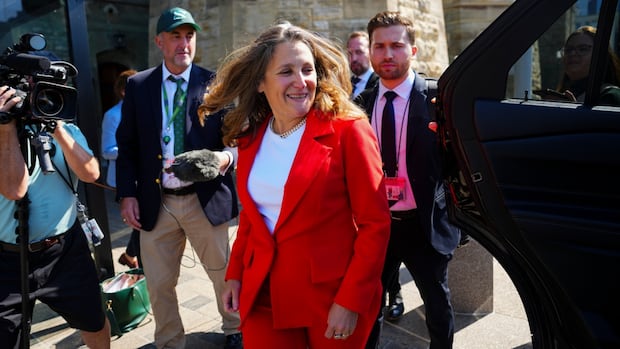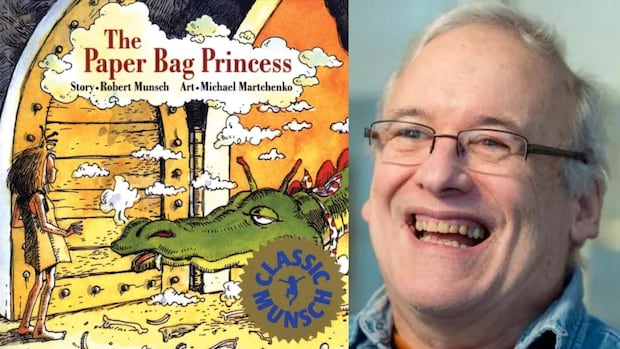Canada's annual inflation rate rose to 1.9 per cent in August, Statistics Canada said on Tuesday, the final piece of economic data to be released before the Bank of Canada's next interest rate decision.
The higher rate was largely expected. Gas prices, which dropped at a rate of more than 16 per cent in July, were still declining in August — but at a slower pace than they had previously, contributing to the upward tick in the overall inflation rate.
Pump prices have been on a downward trend since the removal of the consumer carbon price in April. With gas stripped away from the overall inflation rate — resulting in a metric called core inflation — the numbers mostly ticked down in August.
Economists were already anticipating that the central bank would cut rates by 25 basis points during its Wednesday meeting, marking the bank's first cut since March. Tuesday's inflation numbers mostly amplified that sentiment.
A 'low-drama affair'The pace of price growth "won't cause the Bank of Canada much stress, thus keeping them on track for a rate cut at tomorrow's decision," wrote Douglas Porter, chief economist at BMO, in a note to clients.
Porter called the report a "low-drama affair," adding that milder core inflation paired with weakening employment sets the table for further rate cuts down the line. Still, the bank will likely continue to take things one step at a time, he wrote.
The Canadian economy has "avoided a worst-case scenario," but growth is lagging — and further interest rates can boost economic activity, said Andrew Grantham, a senior economist at CIBC Capital Markets.
Inflation doesn't pose a major threat right now because the economy isn't doing well and demand has weakened. Together, slowed growth and high unemployment create "slack" in the economy, keeping inflation low, he explained.
"It's almost a done deal that [the Bank of Canada] will cut interest rates by 25 basis points tomorrow. I think we will see them leave the door open to further interest rate cuts because we do have an economy that needs stimulating."
Grocery inflation rises 3.5 per centGroceries rose 3.5 per cent in August compared to the same period last year, according to Statistics Canada data. The price of meat rose 7.2 per cent, with pricier fresh and frozen beef and processed meat contributing to higher inflation.
 A customer browses an aisle at a grocery store in Toronto on Feb. 2, 2024. Groceries rose 3.5 per cent in August compared to the same period last year, according to Statistics Canada data. (Cole Burston/The Canadian Press)
A customer browses an aisle at a grocery store in Toronto on Feb. 2, 2024. Groceries rose 3.5 per cent in August compared to the same period last year, according to Statistics Canada data. (Cole Burston/The Canadian Press)Fresh fruit prices were down 1.1 per cent year over year, mostly driven by price declines for grapes and berries, the data agency said.
The cost of cellular services fell at a slower pace in August compared to a year earlier, but was up on a monthly basis as companies raised prices for back-to-school cellphone plans. That was offset somewhat by lower prices for smartphones and tablets.
And prices for travel services fell last month by 3.8 per cent, partly due to lower demand for travel to the U.S. However, hotel prices rose, particularly in Nova Scotia and Newfoundland and Labrador. The latter province hosted the Canada Games during the last half of the month.











